African Infrastructure Investment Managers (AIIM) develops and manages private equity infrastructure funds designed to invest long-term institutional unlisted equity in African infrastructure projects.
Infrastructure projects are typically large scale, long-term investments that require large capital investments in often complex structures. Infrastructure funds allow investors to pool capital into a single vehicle that is managed by a professional investment manager, giving investors access to these projects. “The main difference to other private equity fund structures is the long-term investment horizon of infrastructure funds, usually 13-15 years against five to seven for private equity funds,” Romain Py, Head of Transactions, Africa Infrastructure Investment Managers (AIIM), says.
There has been more than $3bn raised for African infrastructure funds since 2012 for investment in properly structured infrastructure projects. “Importantly, the estimated annual infrastructure investment requirement in sub-Saharan Africa is in excess of $100 billion in order to address the current deficit,” Py adds.
Py points out that while Africa has seen massive investments in the upstream sector, there is a severe lack of storage capacity and midstream infrastructure. “This is particularly critical for landlocked countries,” he adds. “In addition, gas-to-power and LNG is expected to play a critical role to boost power supply and reduce Africa’s power deficit. Private sector investment, through infrastructure funds, brings the execution expertise and financing to address this investment opportunity in the oil and gas value chain.”
AIIM’s investment strategy is based on a top-down approach combined with bottom-up analysis and on-the-ground expertise, allowing a focus on specific sectors for specific countries based on regulatory regimes, sector precedent, political climate and relative competitiveness. “For our latest pan-African fund, AIIF3, we have identified six key themes considered to offer superior risk adjusted returns for our investors,” Py explains. “Midstream energy is one of these themes.”
The midstream energy value chain involves assets used in the gathering, transportation, processing and delivery of energy products. AIIF3 will focus on pipelines, storage (both oil and gas) as well as gas processing infrastructure; it will also have a focus on LNG projects providing integrated import or export solutions. These assets provide investors with predictable, long-term revenues with limited exposure to commodity price fluctuations.
“Most of the African infrastructure opportunities are greenfield, as a result most African infrastructure funds focus on greenfield projects. For illustration, greenfield projects represent around 3/4 of our deal pipeline,” Py adds.
AIIM is currently leading a consortium, which has signed exclusivity to acquire an 80 per cent interest in Accugas, in a carve-out of the asset through the Seven Energy restructuring. Accugas owns and operates over 250km of pipeline and 200mmscfd of processing capacity. AIIM is also leading a consortium developing a 375km fuel pipeline in Cameroon.
According to Py within the oil and gas sector, the exuberance of the big funds has settled, notably for governments that are realising the challenges of getting from discovery to production to export to developmental impact. “As a result, we see the opportunities both in the greenfield midstream space via corporate partnerships with upstream players and other operators, as well as some platform strategies, notably arising from carve-outs from integrated players,” he concludes. “More broadly across the infrastructure sector, we are seeing an increased acknowledgement from governments that they are unlikely to be able to fund the infrastructure requirements from public funding sources.”
“These governments are actively engaging with the private sector to fund infrastructure development - supported by the recent establishment of public, private partnership regulations and units across more than 13 sub-Saharan African countries. Combined with the efforts of multilateral agencies like the African Development Bank, IFC and others this is creating an increasingly robust market for private participation in the sector in an environment where global investors are looking to new markets driven by increasing competition in their traditional markets.”
There has been more than $3bn raised for African infrastructure funds since 2012 for investment in properly structured infrastructure projects. “Importantly, the estimated annual infrastructure investment requirement in sub-Saharan Africa is in excess of $100 billion in order to address the current deficit,” Py adds.
Py points out that while Africa has seen massive investments in the upstream sector, there is a severe lack of storage capacity and midstream infrastructure. “This is particularly critical for landlocked countries,” he adds. “In addition, gas-to-power and LNG is expected to play a critical role to boost power supply and reduce Africa’s power deficit. Private sector investment, through infrastructure funds, brings the execution expertise and financing to address this investment opportunity in the oil and gas value chain.”
AIIM’s investment strategy is based on a top-down approach combined with bottom-up analysis and on-the-ground expertise, allowing a focus on specific sectors for specific countries based on regulatory regimes, sector precedent, political climate and relative competitiveness. “For our latest pan-African fund, AIIF3, we have identified six key themes considered to offer superior risk adjusted returns for our investors,” Py explains. “Midstream energy is one of these themes.”
The midstream energy value chain involves assets used in the gathering, transportation, processing and delivery of energy products. AIIF3 will focus on pipelines, storage (both oil and gas) as well as gas processing infrastructure; it will also have a focus on LNG projects providing integrated import or export solutions. These assets provide investors with predictable, long-term revenues with limited exposure to commodity price fluctuations.
“Most of the African infrastructure opportunities are greenfield, as a result most African infrastructure funds focus on greenfield projects. For illustration, greenfield projects represent around 3/4 of our deal pipeline,” Py adds.
AIIM is currently leading a consortium, which has signed exclusivity to acquire an 80 per cent interest in Accugas, in a carve-out of the asset through the Seven Energy restructuring. Accugas owns and operates over 250km of pipeline and 200mmscfd of processing capacity. AIIM is also leading a consortium developing a 375km fuel pipeline in Cameroon.
According to Py within the oil and gas sector, the exuberance of the big funds has settled, notably for governments that are realising the challenges of getting from discovery to production to export to developmental impact. “As a result, we see the opportunities both in the greenfield midstream space via corporate partnerships with upstream players and other operators, as well as some platform strategies, notably arising from carve-outs from integrated players,” he concludes. “More broadly across the infrastructure sector, we are seeing an increased acknowledgement from governments that they are unlikely to be able to fund the infrastructure requirements from public funding sources.”
“These governments are actively engaging with the private sector to fund infrastructure development - supported by the recent establishment of public, private partnership regulations and units across more than 13 sub-Saharan African countries. Combined with the efforts of multilateral agencies like the African Development Bank, IFC and others this is creating an increasingly robust market for private participation in the sector in an environment where global investors are looking to new markets driven by increasing competition in their traditional markets.”

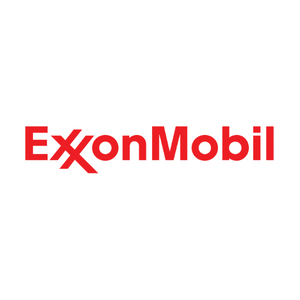
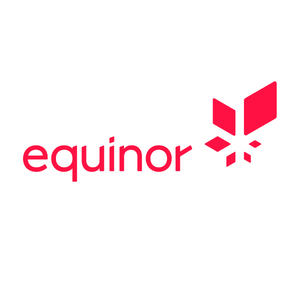
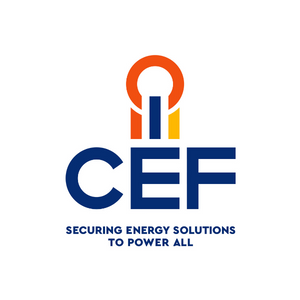
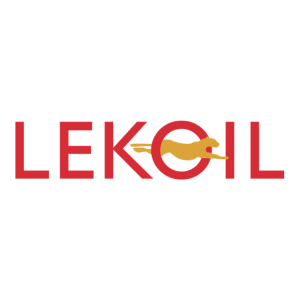
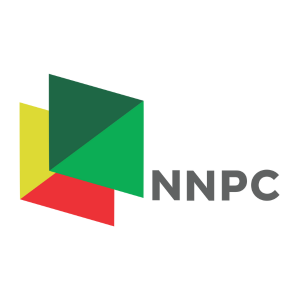
_weblogo_2.png?ext=.png)
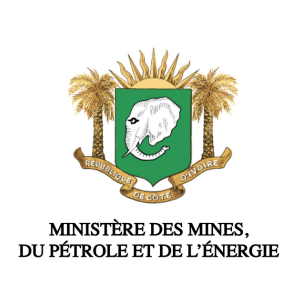

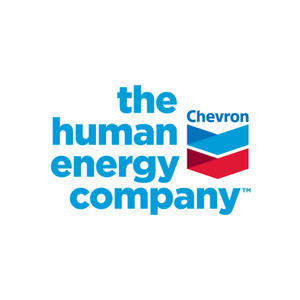

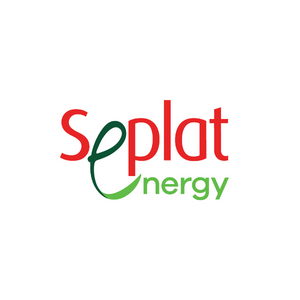
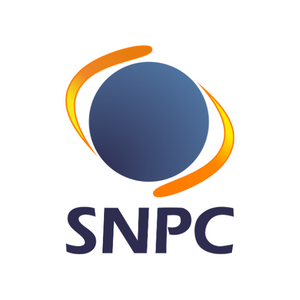
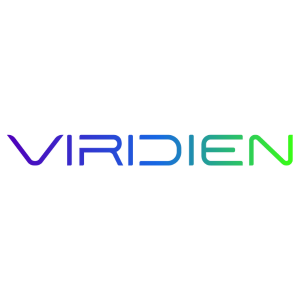

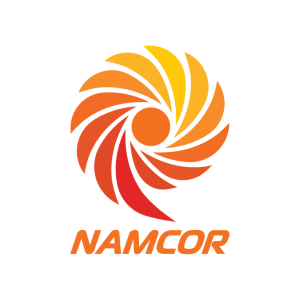
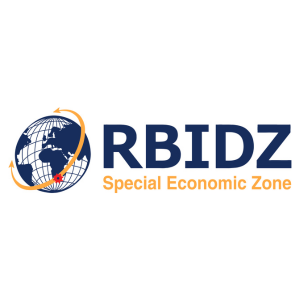

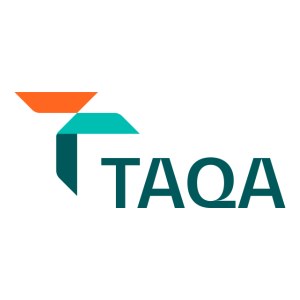
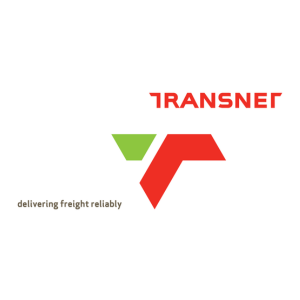


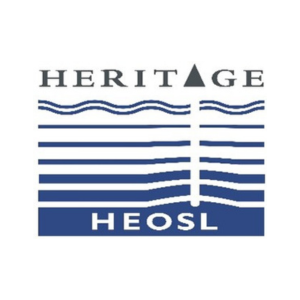
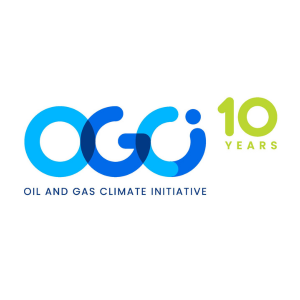
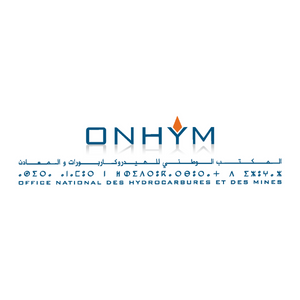
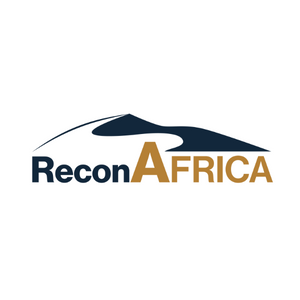
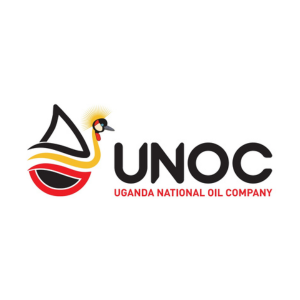
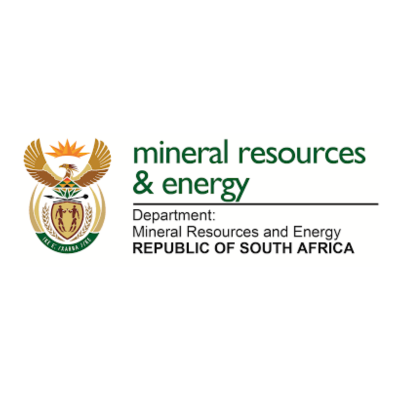
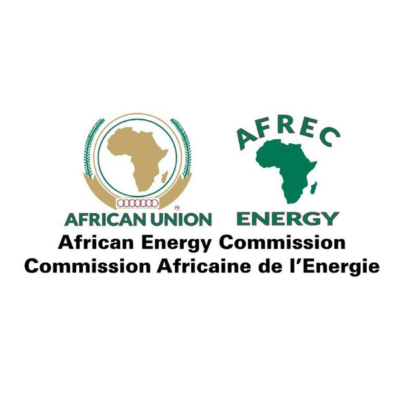
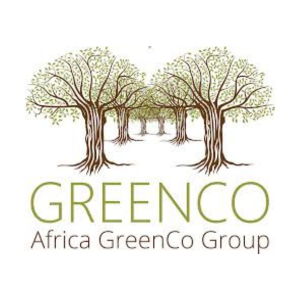
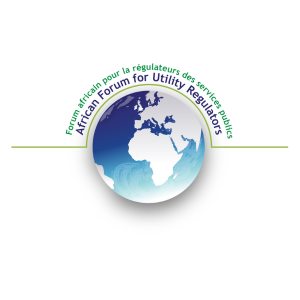
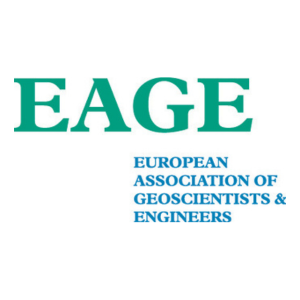
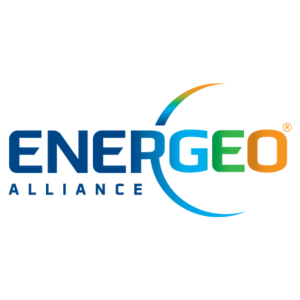
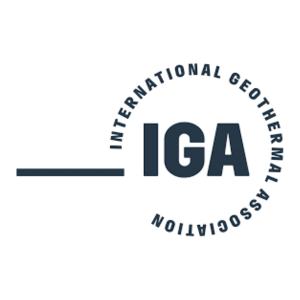
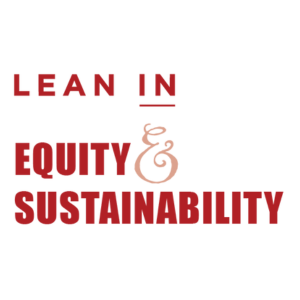
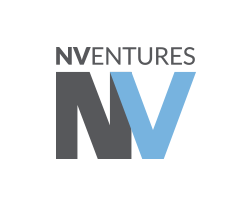
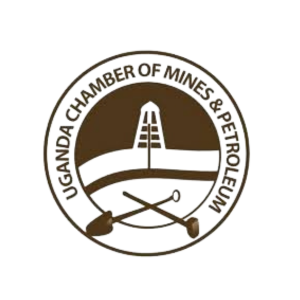

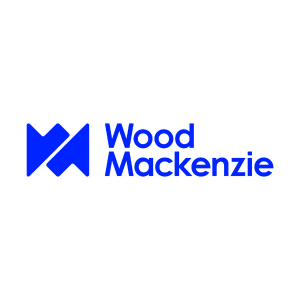

.jpg?ext=.jpg)
